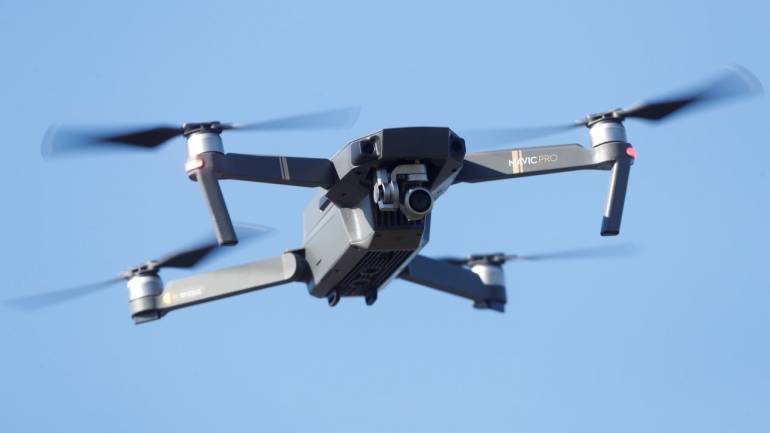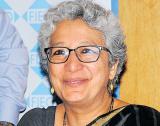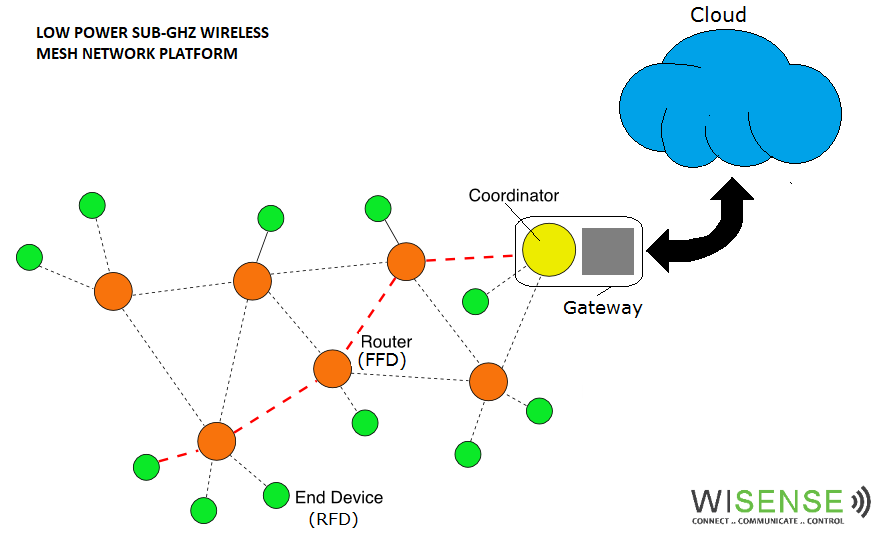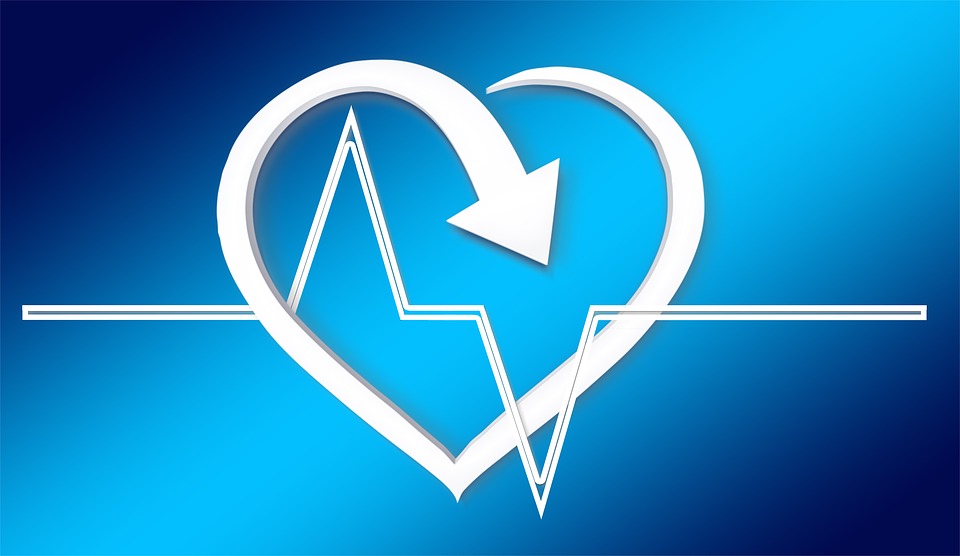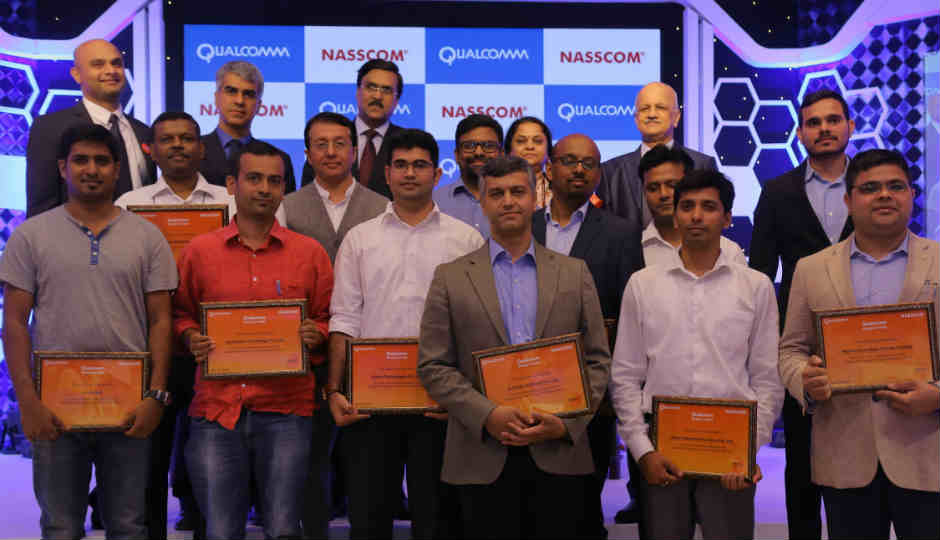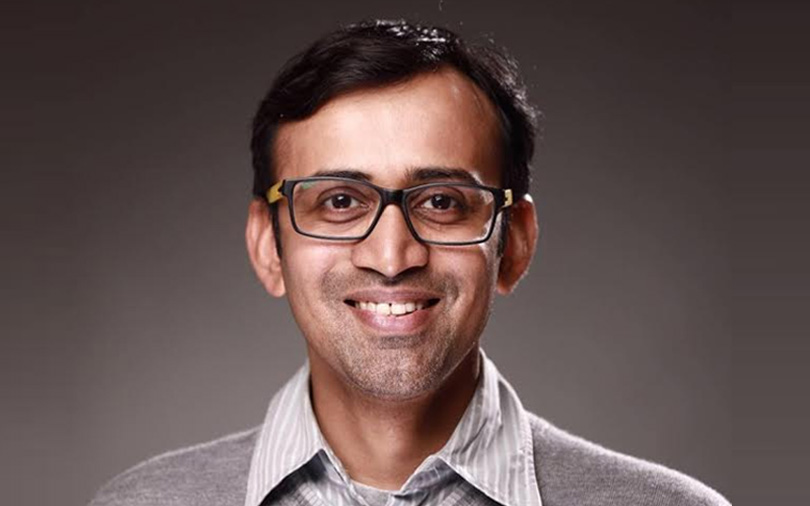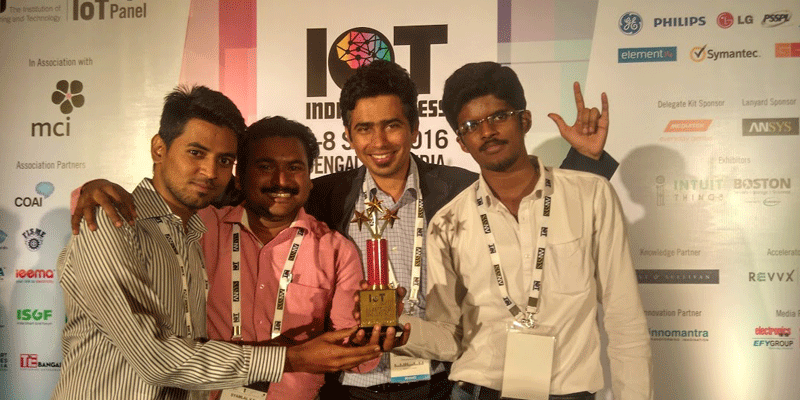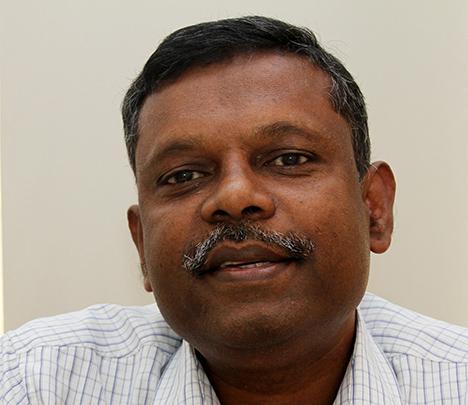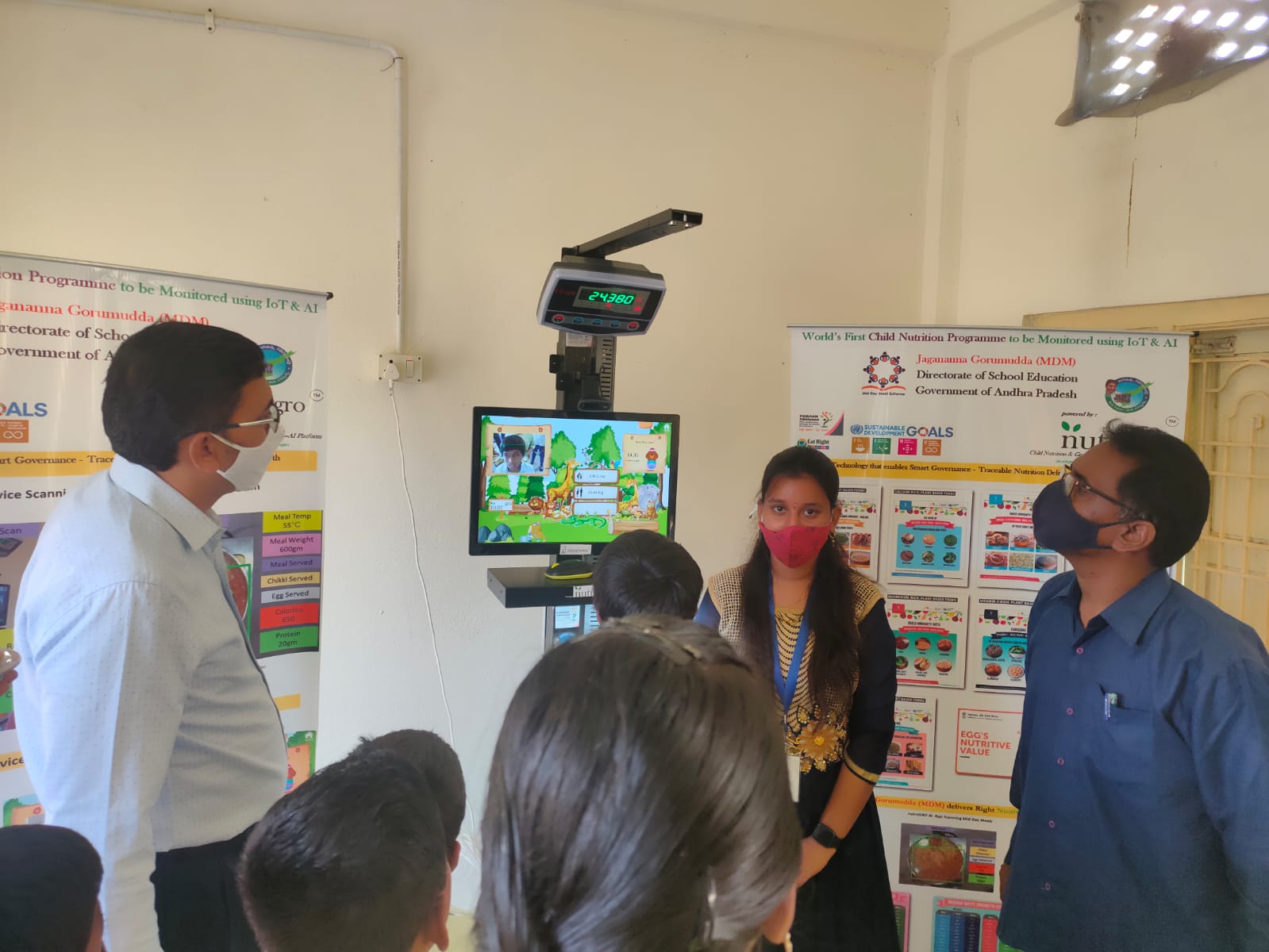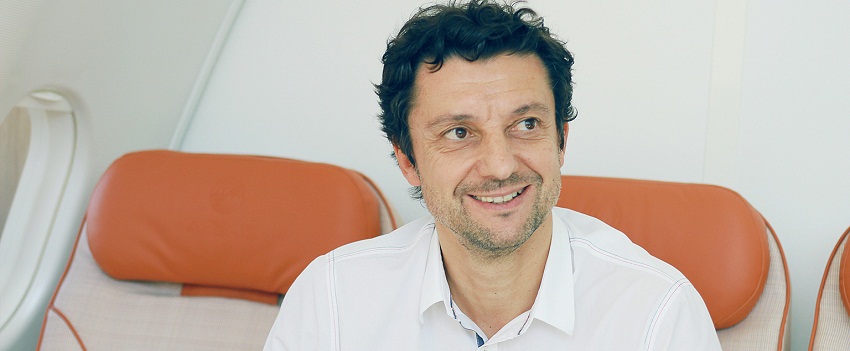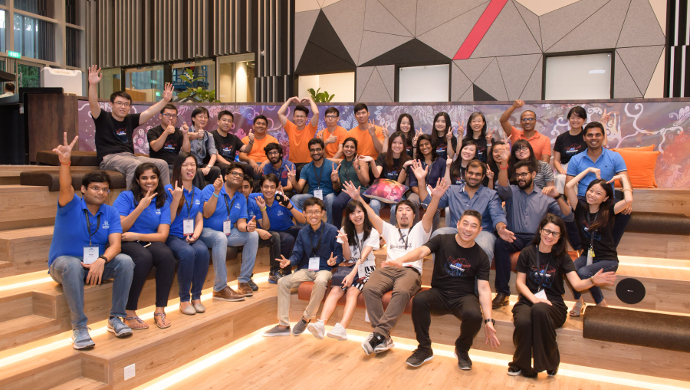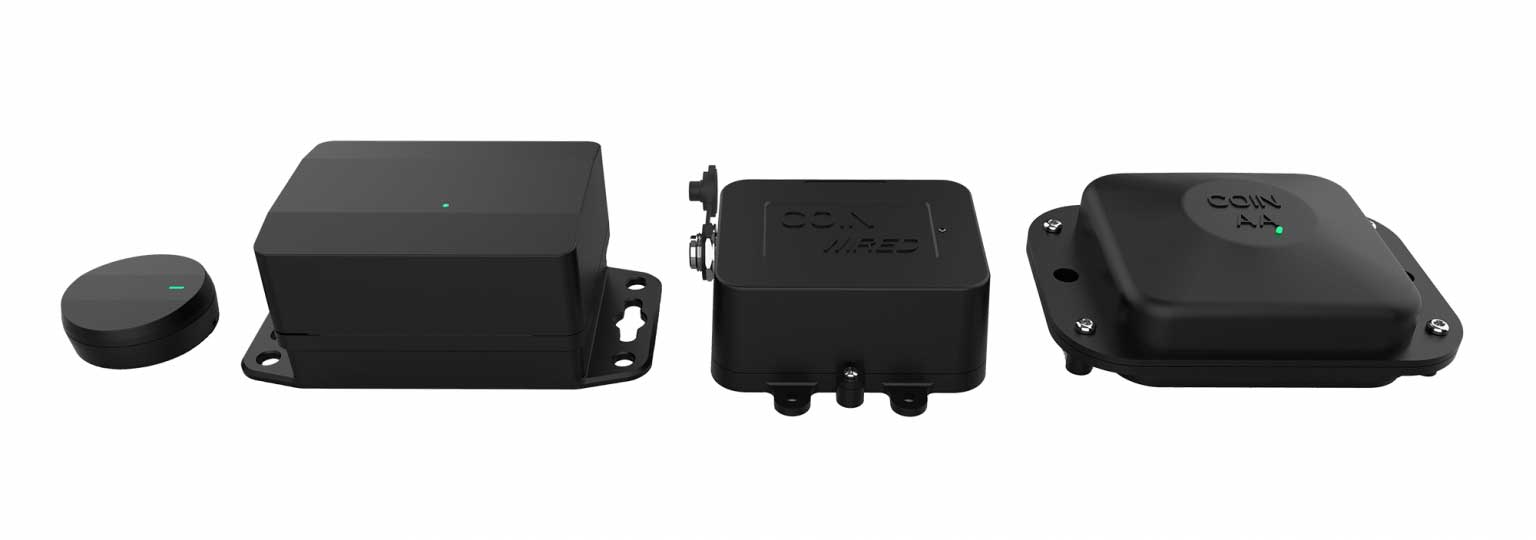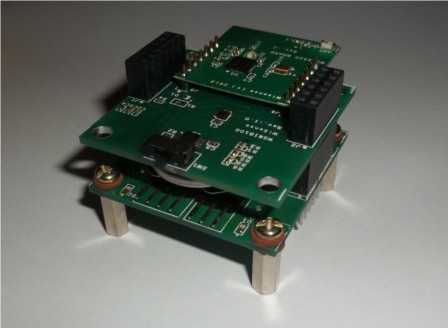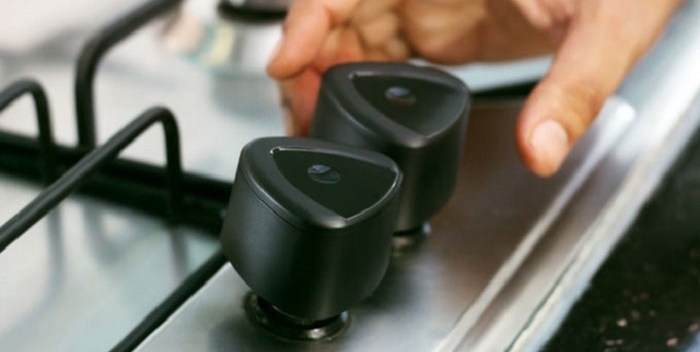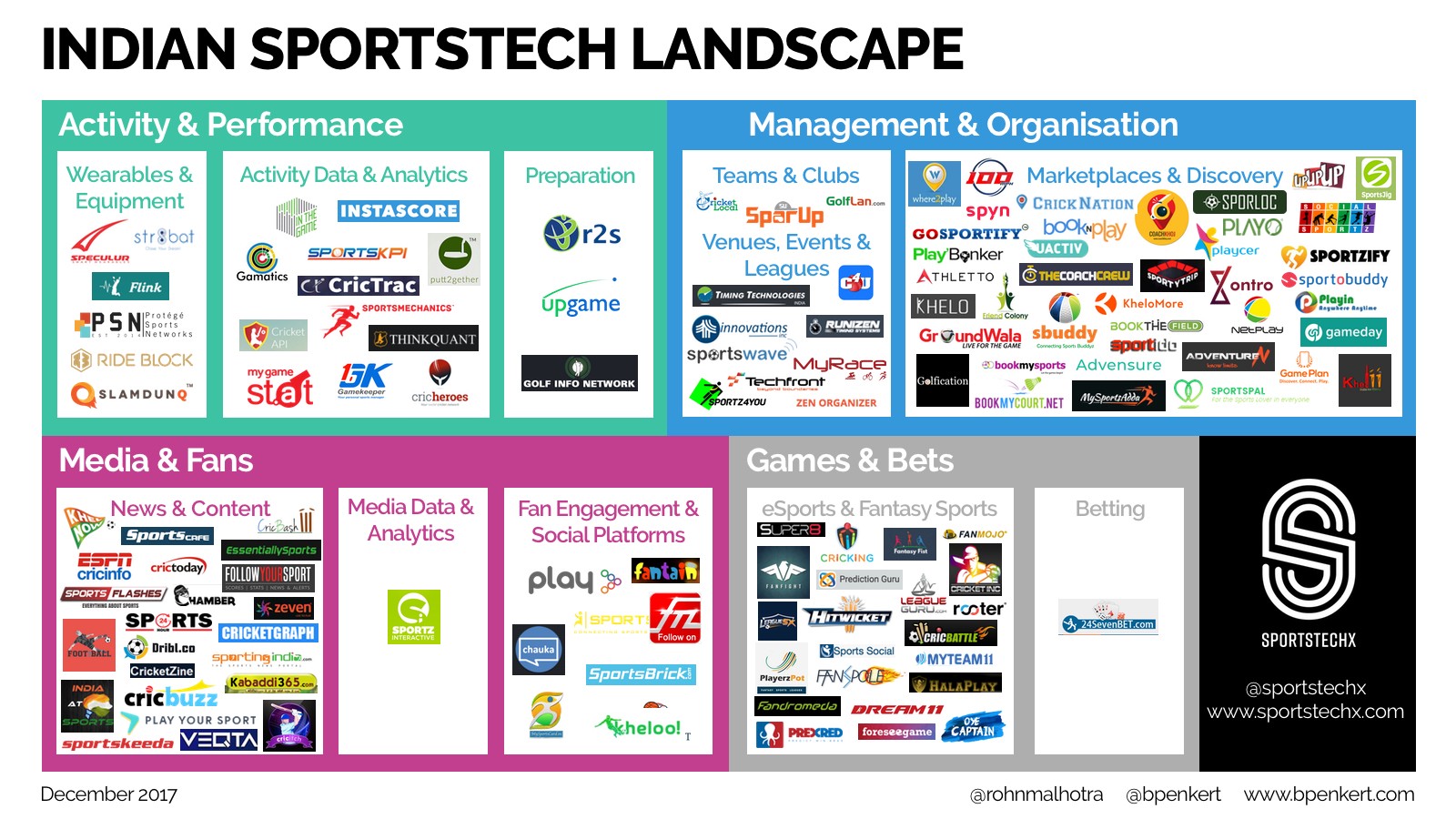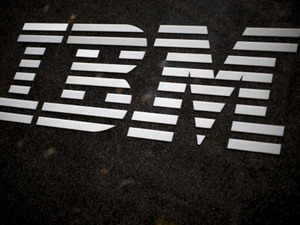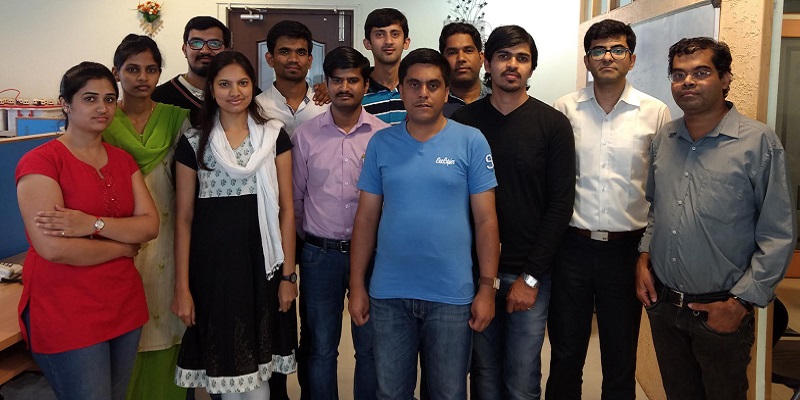As the healthcare sector evolves, the route to affordable and accessible high-quality medical attention relies on reducing the dependence on scarce and expensive resources, including specialist doctors with significant clinical experience. Innovative and scalable technologies have extensively helped enhance healthcare in India, enabling effective deliveryof care and well being. An example of how technology can help in such a situation is seen in the radiology domain. It is a known fact that the accuracy of interpretation of results of radiological scans and consequent diagnosis correlates strongly with the amount of experience of the clinician reading the scans. This makes it very hard to train new doctors to speed up this process and bring them up to equivalent accuracy levels. This dependence on a handful of senior specialists has resulted in turnaround times of the order of 48 hours from scan to diagnosis
The reducing price of storage and computing power as well as the shift to digital media over the years now makes it possible to bring in automation in the form of AI and Machine Learning algorithms to process clinical data and generate accurate and repeatable diagnoses. This makes a strong case for the inclusion of AI algorithms into clinical workflows.
The future of innovation in healthcare is reflected in the two themes which can be outlined as:
- The first is Advanced imaging, visualization, and reporting. This would involve building solutions for CT Scanning and X-Rays, leveraging EdisonTM capabilities for Computer-Aided Detection and Diagnosis. This could also be extended to a diagnosis of certain cancers.
- The other theme is that of Virtual Hospitals – coordinating care between various healthcare providers, building capability in remote patient health monitoring, and better integration of data and workflows.
Both of these themes have operational underpinnings of the use of AI for building operational and clinical efficiency for better patient outcomes and financial viability, while also ensuring safety for frontline health workers.
To promote innovation in the healthcare ecosystem and accelerating innovation opportunities for startups, GE Healthcare embarked on its first-ever global startup collaboration program Edison[TM] in 2019, bed rocked at the Edison platform to drive innovation in the healthcare sector. This initiative has given startups the elbow room to maneuver, explore their potential and develop avant-garde solutions to address the major challenges prevailing in the healthcare ecosystem.
The thought behind the start-up Collaboration Program
At the core of the EdisonTMAccelerator program is the idea of leveraging collaboration to compound the capabilities of the EdisonTMplatform. EdisonTMis an advanced intelligence offering used by GE Healthcare’s internal developers and strategic partners to develop new healthcare applications, services, and AI algorithms. It comprises of applications, smart devices, and the EdisonTMplatform.
The EdisonTMAccelerator program aims to bring in competent startups who can build their solutions using this platform resulting in mutual benefit to all three stakeholders – GE, the start-up in question, healthcare practitioners, and most importantly, the individual consumer. Through this program, we work with the start-up community to accelerate product development and reach new markets while building trust within the start-up ecosystem.
The EdisonTMAccelerator program was launched in India due to the Bangalore R&D centre – the John F. Welch Technology Centre (JFWTC), GE’s largest integrated, and multi-disciplinary R&D center outside of the USA – being a strong R&D site coupled with a mature local start-up ecosystem. In this context, launching the program from India turned out to be an advantage.
Through this program, we have been able to showcase that innovation and collaboration from India are possible and can be made successful with buy-in from India and global leadership.
How does the program help start-ups?
The EdisonTMAccelerator program helps its start-ups at multiple points in the product development life-cycle, assuringfacilities like Product development, Market access and Global expansion. Senior scientists and product managers from the GE Healthcare R&D and Project Management functions are assigned to the selected start-ups at the start of the program. These scientists engage with the start-up’s product development research team regularly, to fine-tune algorithms and to help with integrating the start-up’s solution on the EdisonTMplatform.
This program involves the business teams of GE which helps the start-up reach new customers. This allows an on-ground independent validation of the solution which is also valuable.Depending on the relevance of the solution, the GE Healthcare India teams help the start-up reach other GE Healthcare locations worldwide, with a view to commercialize the solution in the said geography.
The first edition of Edison[TM], has created a buzz among the startup realm and innovators. A large number of startups had applied for the second cohort of Edison[TM]; the organization has selected six startups after three months of diligent evaluation. The brainstorming solutions of these startups are stimulating operational and clinical advancements.
Here comes the list of startups who have made it to Cohort 2 of the India Edison[TM]Accelerator. Each of these startups with their own unique inventionare solving complex challenges in the healthcare sector.
- BrainSightAI: AI-enabled platform that integrates artificial intelligence and neuroscience to curate evidence-based treatment hooks for psychiatrists and neurologists.
- AarogyaAI: aims to revolutionize the method of treating Tuberculosis. The software is empowered with a Machine Learning algorithm which is used to prime the machine, use portable DNA sequence of the patients and generate a comprehensive input; these inputs are uploaded on SaaS which is designed to enable immediate detection of RTB.
- In-Med Prognostics: In-Med Prognostics embarked on the mission of bringing affordable, accessible, reliable, and data-driven brain health prognostics and diagnostics tools to India and other emerging markets. It has developed NeuroShield™ to accelerate the medication of brain diseases.
- Fluid AI: Fluid AI is steadfast about leveraging this disruptive technology to provide solutions focused on customer experience and decisioning products. It has inculcated digital human on a tablet to deploy at offices, stores, branches, and other outlets to maintain contactless interaction with the customers.
- Wellthy Therapeutics Platform: The firm has integrated clinical intelligence, behavioural science, and state-of-the-art technology to develop a platform that can provide healthcare professionals with precise patient’s data, enabling timely and effective treatment. It has devised a patient-facing app (iOS and Android), to support patients acquire their desired health goals with the help of AI-driven insights.
- Onward Assist: This advanced cancer prognostics startup based in Hyderabad delivers computer vision and ML-based automated diagnostics tools, treatment decision support tools, and Oncology analytics tools to support Pathologists, Histopathologists, Radiologists, and Oncologists to smoothly execute their medication process.
The graduation of these six starupsis scheduled on the demo day which will be held on the 8th of April 2021. This virtual event will be graced by the presence of personages from across the industry, starups ecosystem, investors, and other corporates. The selected startups will be showcasing their clinical solutions, problems solving innovations, and business models to the virtual audience.
By: Girish Raghavan: VP, Software Engineering, GE Healthcare
Related posts
Data-driven insights for an improved game on the cricket field
Oh Baby! Deep Technology Learns To Rock
Here Are 3 Startups From India You’ll Want To Watch In 2017
IoT industry should have common standards: Teaotia
Transforming Sports Gear into Smart Devices to Deliver Real-Time Analytics
When All Else Fails, This Internet Network Can Bail You Out Of A Crisis
What Lies Ahead For India’s High-Potential Clinical Trial Market?
Cardiotrack collaborates with iMMi Life for cardiac care
A Billion Dollar Market – India’s Health Insurance Market Is At A Precipice Of Change
Universal Healthcare- Digital Propulsion 30th April 2019 at Shangri La’s Eros Hotel- Delhi
Qualcomm to announce tech startup winners of $100,000 Design in India challenge today
IoT India Congress recognises top three IoT focussed thought leaders and Start-up in India
Portable ECG device helps save lives in rural areas, reduces cost for patients
Qualcomm selects three startups for $100K design prize
Driving Digital Awakening Across Enterprises Today
BFSI – Strategy Innovation Group (BFSI-SIG)
Get Set, Co-Create: This Startup Is On The Fast Lane To Innovate With Mercedes’ Startup Autobahn
Villgro funds agri start-up GRoboMac
LHIF Report Nov 2018
Exclusive: Former Snapdeal exec Anand Chandrasekaran backs Uncanny Vision
This IoT startup plugs holes in your leaky bucket
Your Local APMC-Mandi Just Got Smarter
SeeHow Announces Smart Cricket Coaching System in Partnership with Rx Cricket Academy
Here comes the Robot Reaper
STR8BAT gives INSTANT, VISUAL and ACTIONABLE IN-SIGHTS, HELPING PLAYERS PLAY BETTER EVERYDAY
4 Bengaluru startups will work with Airbus to shape the future of aerospace
Medtech takes centre stage at AIRmaker’s new batch of 8 IoT startups
SenseGiz-A vision to make the world appreciably productive, safer and secure place to live in!
WiSense: engineering veterans provide a platform for Internet of Things ideas
IoT Pot plans to take cooking Knob to US
Avanijal’s app irrigates fields while helping farmers save water and sleep!
Say hello to #LHIF
How Industries & Innovators Can Leverage The Power of Digital Technology in Manufacturing
Overview of the Indian #sportstech landscape
The Evolution of Bluetooth: From Entertainment To Smart Buildings
This Bengaluru techie-turned-farmer has made India’s first agri-tech robot to battle farm labour shortage
Baby Steps Towards A Better Future
Reliance’s Unlimit, IBM collaborate to power IoT innovation in India
Hardware startup Sensegiz catches fancy of KARSEMVEN, raises $500,000
From Womb To Cloud: This Startup Is Monitoring Maternal Health Using Smart Wearables
Working In Hazardous Conditions? Worry not, IoT Comes To The Rescue
Cardiotrack partners with Columbia Asia Hospitals to provide AI-based solutions in cardiac care
Nestle picks up SilverPush and IotPot for its ‘next big project’
Qualcomm Announces Top Eight Finalists for Cycle I of Qualcomm Design in India Challenge II
Projecting revenues of $250K, Cardiotrack is transforming how primary healthcare functions
AI for an Eye Makes The World Better For The Visually Impaired
Nasscom Discussion
Latest News
Recent Posts
- XYMA Analytics: Builds Industry 4.0-enabled Ultrasonic Waveguide-Based Sensing Solutions To Help Industries Enhance Productivity And Efficiency!! May 12, 2023
- Botsync: Building Accessible Automation Solutions to Automate Intralogistics Operations! April 18, 2023
- IOTian technologies: Bringing the power of AI and IoT together for Breakthrough Innovation! February 27, 2023
- NeoDocs: Bringing Futuristic Diagnostics at the Fingertips!!! February 8, 2023
- Technology trends to look out for in 2023 January 16, 2023


